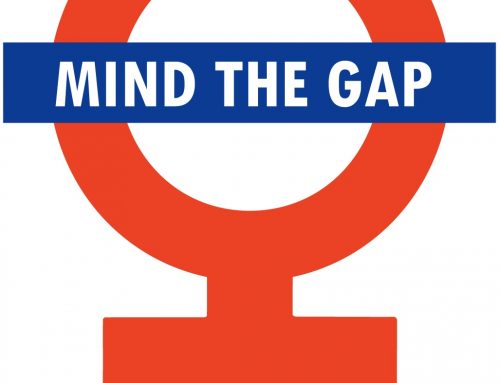As the discussion around women in the workforce evolves from a mere awareness of the issue to a solutions-oriented discussion, one aspect of the debate deserves more examination: “the motherhood penalty.” A 2007 study at Cornell, titled “Getting a Job: Is There a Motherhood Penalty?” determined that there was in fact bias against mothers in the workforce. Women with children are 79% less likely to be hired, and if they are, 100% less likely to be promoted and paid $11,000 less per year. In private, professionals admit to this. When talking with an individual recently who is at the C-level in financial services, he recalled a time that a woman with children had been considered for a sales job but had been rejected because they feared her possible lack of dedication to the job, which would require a great deal of travel. Ironically, men who have children are viewed as ideal job candidates: stable and trustworthy. His wife would be viewed as unreliable because the care of children still lands largely in the laps of women. In fact, there is some open hostility toward pregnant and working mothers. From a recent discrimination case against Bloomberg:
“The Head of Global Human Resources reportedly commented that mothers “belong at home” and that “women [do] not really [have] a place in the workforce.” The Head of News is said to have commented that “half these people take the [maternity] leave and they don’t even come back. It’s like stealing money from Mike Bloomberg’s wallet. They should be arrested.”
The hostile attitude and ingrained mindset are troubling, to say the least. And most firms today tout buzzwords like “inclusion,” “work-life balance,” as well as women’s professional groups. These well-intentioned policies mean nothing when mothers are not even getting past the hiring process. How can we get a seat at the table if we can’t even get into the room?
Fathers have the opposite problem. Their marital and offspring status may make them more desirable candidates, but should they want to avail themselves of parental leave, forget it. Take the recent case of Mets baseball player Daniel Murphy, who took three days of parental leave to witness the birth of his first child. He missed two baseball games and was chided in the media for it. On a recent radio show, a cohost had the following to say:
“Craig Carton similarly lacked sympathy for Murphy, adding, “To me, and this is just my sensibility, assuming the birth went well, assuming your wife is fine, assuming the baby is fine — 24 hours, you stay there, baby is good, you have a good support system for the mom and the baby, you get back to your team and you play baseball.”
This is a systemic problem and not something to be remedied by discrimination policies. As we can see in the Bloomberg case above, they frankly don’t work. The change that needs to happen regarding mothers in the workplace must go far deeper than that. We as a society must change our beliefs on what it means to be a parent and a professional. Our attitudes also result in an unconscious bias. Firstly, the notion that women are responsible for the bulk of child care and household responsibilities must change. This is not a new idea – Arlie Hochschild’s 1989 book The Second Shift covers this issue in detail. We have come a long way in this department; men are more involved parents than they were 30 years ago, but if women are still being blamed for the parental responsibilities that take place outside the office, how far have we really come? We must also examine the source of the bias. Is it men in leadership positions? It appears to be a fair conclusion to draw from the examples above. Additionally, workers without children often express resentment that they must work longer hours to compensate for their colleagues’ absences. A gray area that should be considered is the concept of “face time.” People who are more visible in the office are seen as dedicated and productive. Mothers (and fathers) who arrive at 9 a.m. and must leave at 5 p.m. to accommodate children’s schedules are not seen as working hard, even if they are checking emails on the way home or turning on their laptops when the kids are in bed. This perception also hurts the notion of telecommuting and flextime – it’s not so much if the work is getting done. It is more important to be seen doing it.
Removing unconscious bias and moving towards equitable treatment of mothers as equally capable as their childless colleagues runs in tandem with the larger issues that women face in the workforce. Unfortunately, mothers have to contend with both gender bias and the bias of having children. This means fewer women in the workforce and fewer women in leadership positions. In 2014, it is time to more closely examine these biases and work to change them.






